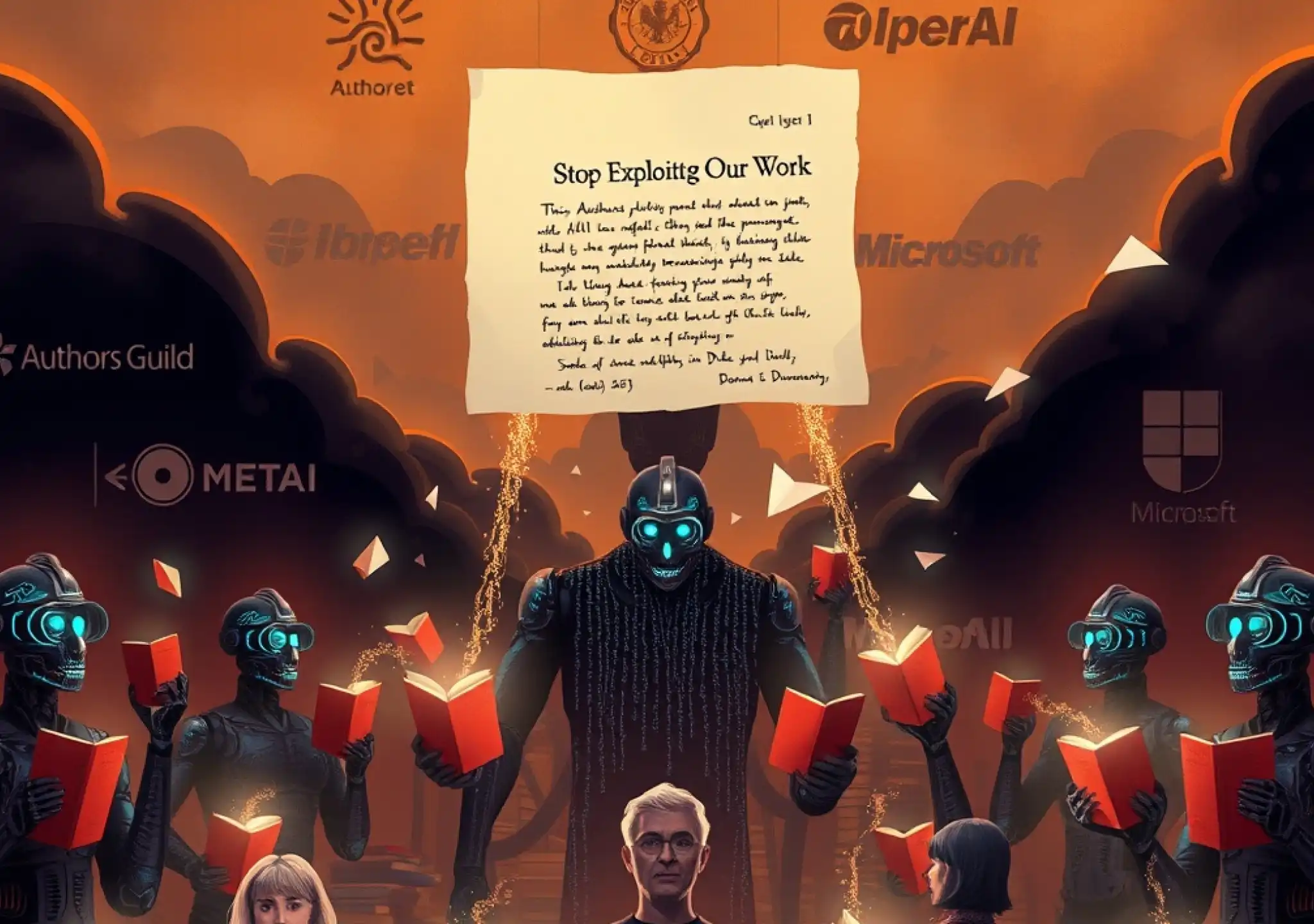Margaret Atwood, Jonathan Franzen, and other top writers back Authors Guild letter opposing unauthorized use
A growing chorus of renowned writers has signed a letter demanding that artificial intelligence companies cease the use of their copyrighted works without consent. The letter, backed by literary giants such as Margaret Atwood, Jonathan Franzen, James Patterson, Suzanne Collins, and Viet Thanh Nguyen, targets the CEOs of OpenAI, Meta, Microsoft, Alphabet, IBM, and Stability AI.
Organized by the Authors Guild—the largest professional writers’ organization in the United States—the open letter denounces the unauthorized use of authors’ material in AI training, labeling it an “inherent injustice.” It asserts that AI systems are “mimicking and regurgitating our language, stories, style, and ideas” using millions of copyrighted books, articles, poems, and essays as data, without consent, credit, or payment.
“These AI models consume our work as if it were free fuel—serving endless meals without ever paying the bill,” the letter states. “You’re investing billions into AI development. The least you can do is compensate the writers whose work makes your technology valuable.”
The authors emphasize that this unchecked use of creative work further endangers the already fragile livelihoods of writers, particularly emerging authors and those from marginalized communities. They warn that the rise of generative AI could make it even harder for such individuals to sustain a career in writing.
Generative AI tools like ChatGPT rely on massive data sets gathered from across the web to generate human-like text. Critics argue that these data sets often include copyrighted content obtained without authorization.
The Authors Guild’s letter adds to a growing backlash from artists and creatives over the role of AI in their industries. In Hollywood, thousands of actors and writers are currently on strike over concerns including the impact of AI on film and television production.
Meanwhile, legal action is also underway. In July, Massachusetts-based novelists Paul Tremblay and Mona Awad filed a lawsuit against OpenAI, claiming the company violated copyright law by training its AI models using data copied from over 300,000 books without obtaining permission. The plaintiffs are seeking unspecified damages for the alleged infringement.

